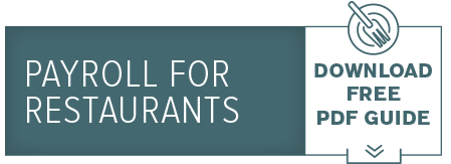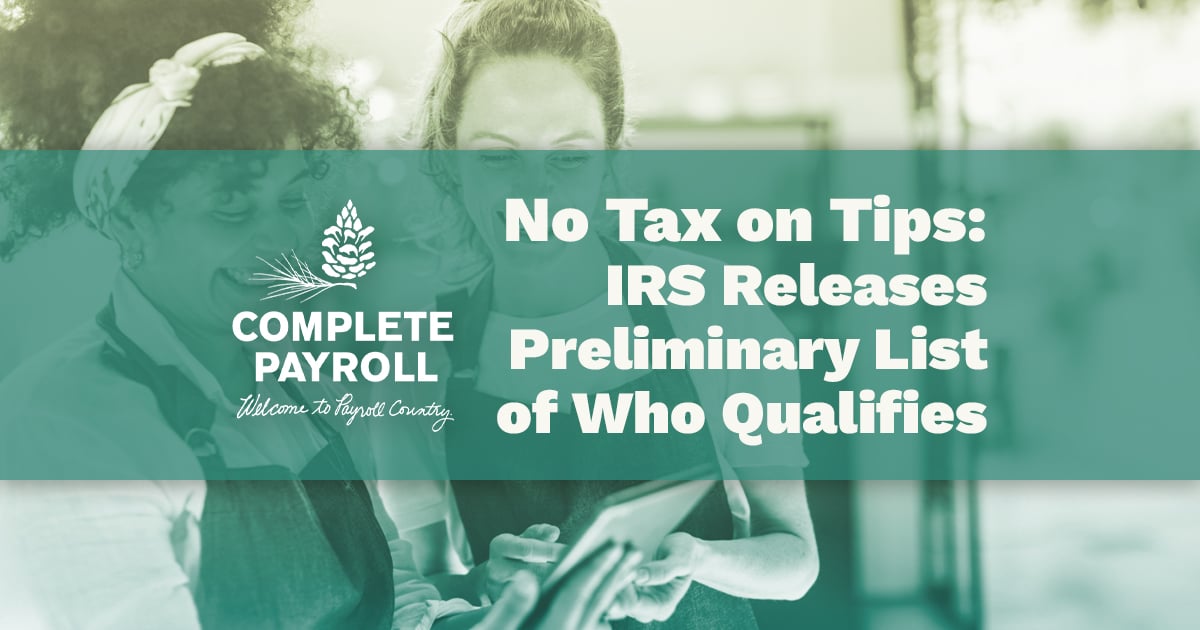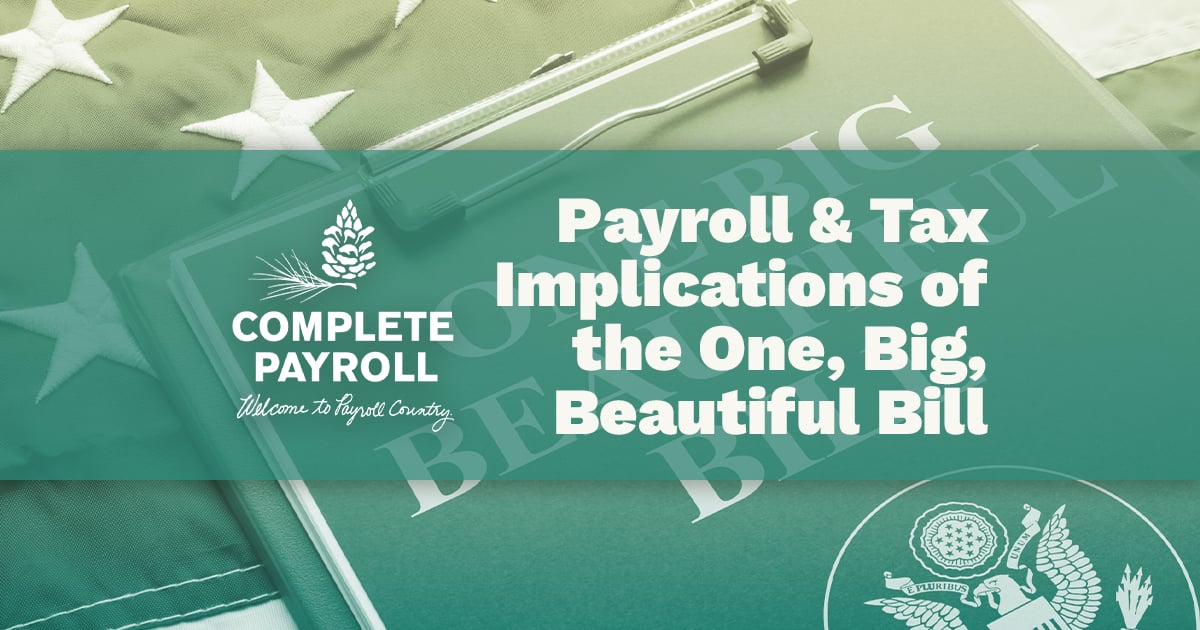First things first, let's quickly define what a "tip" is and what it isn't.
A tip is defined as a non-compulsory, additional payment for services. A "service fee" or something similar that's added by management isn't a tip because the customer must pay it.
Tips are taxable to the recipient. They count as income, so they're subject to income tax, withholding, and FICA tax (Social Security and Medicare).
What's actually required of workers who receive tips?
By law, tipped employees are required to...
- Keep a daily tip record.
- Accurately report all tips (both cash and credit card tips) to their employer for every month they receive more than $20 in total tips.
- Report (and therefore pay taxes on) all tips on their tax returns.
Withholding requirements for employers
Restaurant employers should keep records of...
- Cash and credit card tips.
- Tips shared with other employees (tip pooling and agreements).
- The value of non-cash tips received (like tickets or something else).
Employers must withhold income taxes and pay FICA taxes on employee wages to cover income earned from cash and credit card tips. There's no withholding for non-cash tips.
What happens if the employer doesn't have enough money to withhold or pay all the taxes?
If there isn't enough, the employer must first apply money to taxes on the regular pay (the hourly wage), then FICA taxes on the tips, and finally withholding for federal and state taxes.
Penalties for not paying taxes on all tips
Tip reporting requirements for employers
- Food or beverage is provided for consumption on the premises
- Tipping is customary
- More than ten employees (excluding more than 50% owners of the company’s stock) worked more than 80 hours and were normally employed on a typical business day during the preceding calendar year
Allocation of tips
The IRS requires large food establishments to estimate what the tip income for the restaurant should be for the year by multiplying the gross income by 8%, a percentage deemed a fair weighted average of tipping percentages.
Employers and/or employees can apply to the IRS for a lesser percentage, but it will never be reduced below 2%.
If the tip income reported by the employees is less than the estimated amount, the employer must allocate the excess amount among the employees.
One more thing...
U.S. v. Fior D’Italia, Inc. was a landmark Supreme Court case back in 2002.
The IRS discovered that the tip income reported for cash tips was significantly less than the tip income reported for charge tips by the restaurant.
Ultimately, after going through sales receipts for years, the IRS calculated the average tip percentage for charge tips, then applied that same percentage to cash receipts. Since the amount the IRS came up with was much higher than what the restaurant had reported and paid, the IRS then demanded the restaurant pay the difference.
This is called the aggregate estimation method. And it was upheld by the Supreme Court, which ruled that the IRS was entitled by tax law to use this method.
We share this, because running a restaurant isn't easy, and getting dinged by the IRS or the Department of Labor doesn't make it any easier.
That's why we've published our free Payroll for Restaurants Guide, which outlines all the critical payroll and tax-related objectives all restaurant owners should know to stay compliant and act in the best interest of their business. Click the button below to get your free copy.



















 Get Instant Blog Notifications
Get Instant Blog Notifications

